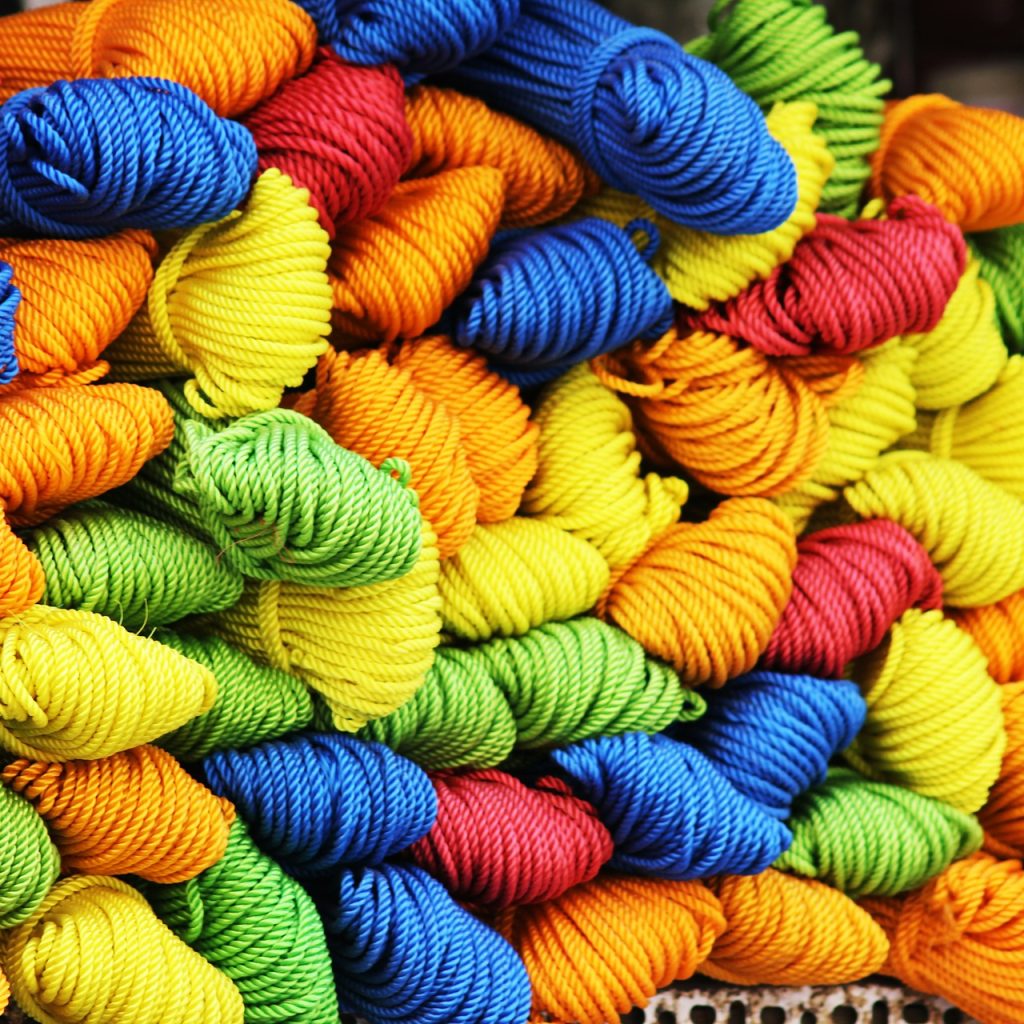A new intelligent solution for the recycling world
(Sustainabilityenvironment.com) – Use the waste wool to create covers and fertilizers for the agricultural world, exploiting the natural properties of this fiber. Thus the textile industry could add brick to its path of “circularization“. The idea is of a group of very young students from the Design Faculty of Libera Università di Bolzano, winners of the hackathon “Onda Z @ Klimahouse 2021“. This is the second edition of the marathon project, organized by Onde Alte, B Corp and the multidisciplinary laboratory of social innovation. The event involved over 60 participants – children aged 19 to 30 – in a common challenge: to propose ideas and projects to address the climate crisis.
After 3 days of work, the jury awarded Lokalana, an innovative solution to reduce wool waste. This problem is particularly acute in areas such as South Tyrol, where there are more than 60 tonnes of this fiber destined for waste each year.
The idea of Lokalana
Lokalana Sto’s idea comes from the Cyclops team, consisting of 2 boys and 4 girls from the Libera Università di Bolzano. At the heart of the project, is the recycling of wool waste to create new products. Once degraded, the raw material, in fact, can be used as fertilizer; or as a protective element for the soil according to mulching, a technique used to keep the soil warm in winter and cool in summer, reducing the need for watering. The cover is designed to protect crops from temperature changes and UV rays.
The Cyclops team has won a consultancy course for the development of the project with NOI techpark in Bolzano. It is the Innovation Hub of South Tyrol where companies, institutes and universities collaborate on new research and development projects.
The Onda Z jury also gave a special mention to the Puerto Escondido team. The group, with the project “lo USO sfUSO“, has proposed the creation of a network of small local producers, starting from the territorial reality of Varese, to encourage sustainable behavior and the purchase of bulk products by the consumer.
